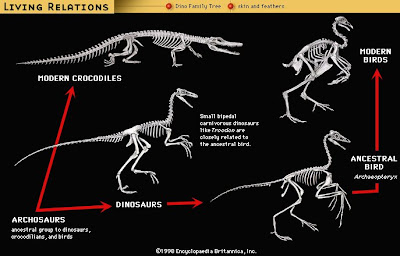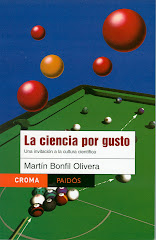By Martín Bonfil Olivera
Published in Milenio Diario, June 17, 2009
 Two science news items published last week make us wonder.
Two science news items published last week make us wonder.
One is the discovery that the star Betelgeuse, the brightest in Orion constellation (if observed on infrared, not in visible light), one of the most studied stars, has shrunk 15 percent in the last 15 years. In 1921, Betelgeuse was the first star to be measured. It's a red supergiant; its diameter is around 40 million times that of the sun, and it's on the last stages of its life. It would not be strange that one of these days —or years, or decades— it will become a supernova: it will be a magnificent show.
How is it possible that a star shrinks? Scientists don't know. There are stars that pulse, but until now, it is uncertain whether Betelgeuse's size will increase again.
What confidence can we have, then, in the knowledge of astrophysicists, if they can't even assure that their data will not change any other minute?
The second news item reinforces this sensation of distrust: two researchers from Oregon University reveal that their studies regarding the anatomy of birds and dinosaurs appears to refute the theory, held by decades, that birds are direct descendants from those reptiles.
The special structure of bird bones, necessary to give them the lung capacity they require, is not present in the alleged ancestors. Most likely, they must have evolved in parallel.
Where does that beautiful story, that dinosaurs did not go extinct but turned into hens, stand now? Can we trust, a creationist would ask, in a supposed science that does not even guarantee that the information it generates is true?
Of course, the answer is that science does not reveal absolute and unchanging truths, but useful knowledge, that constantly evolves when subject to testing, discussion, analysis and correction.
It is this capacity for change that gives science its power.
It is difficult to accept science as a human process of trial and error, fallible, yes, but very reliable. Too bad: an infallible science sounded nicer… even if it was just a fantasy.
(translated by Adrián Robles Benavides) To receive Science for pleasure weekly
in your email, subscribe here!





No comments:
Post a Comment